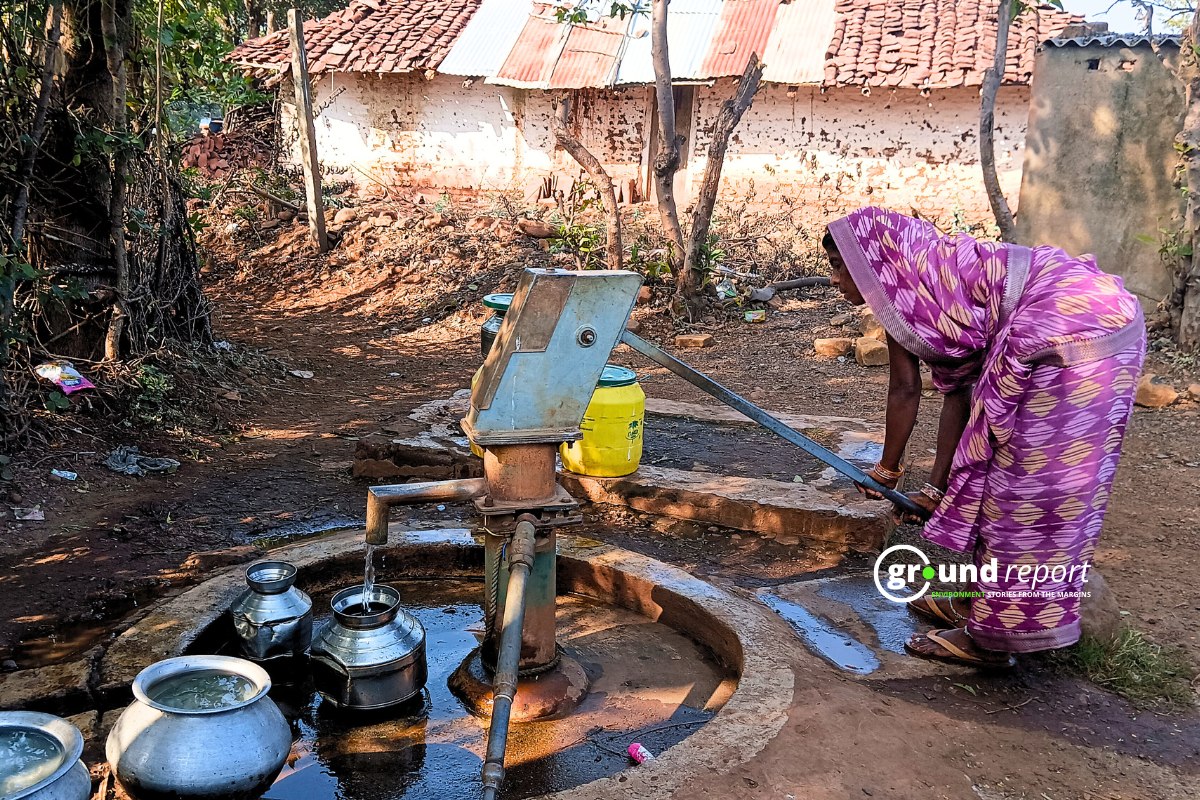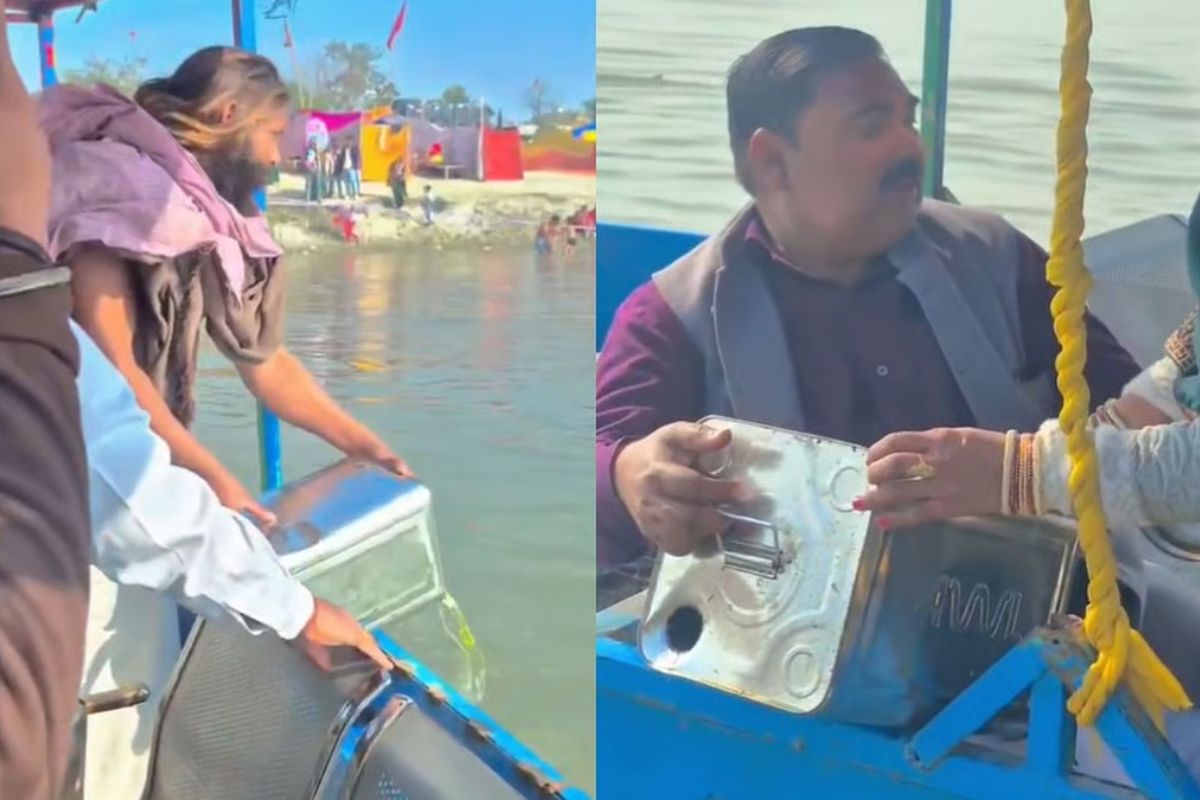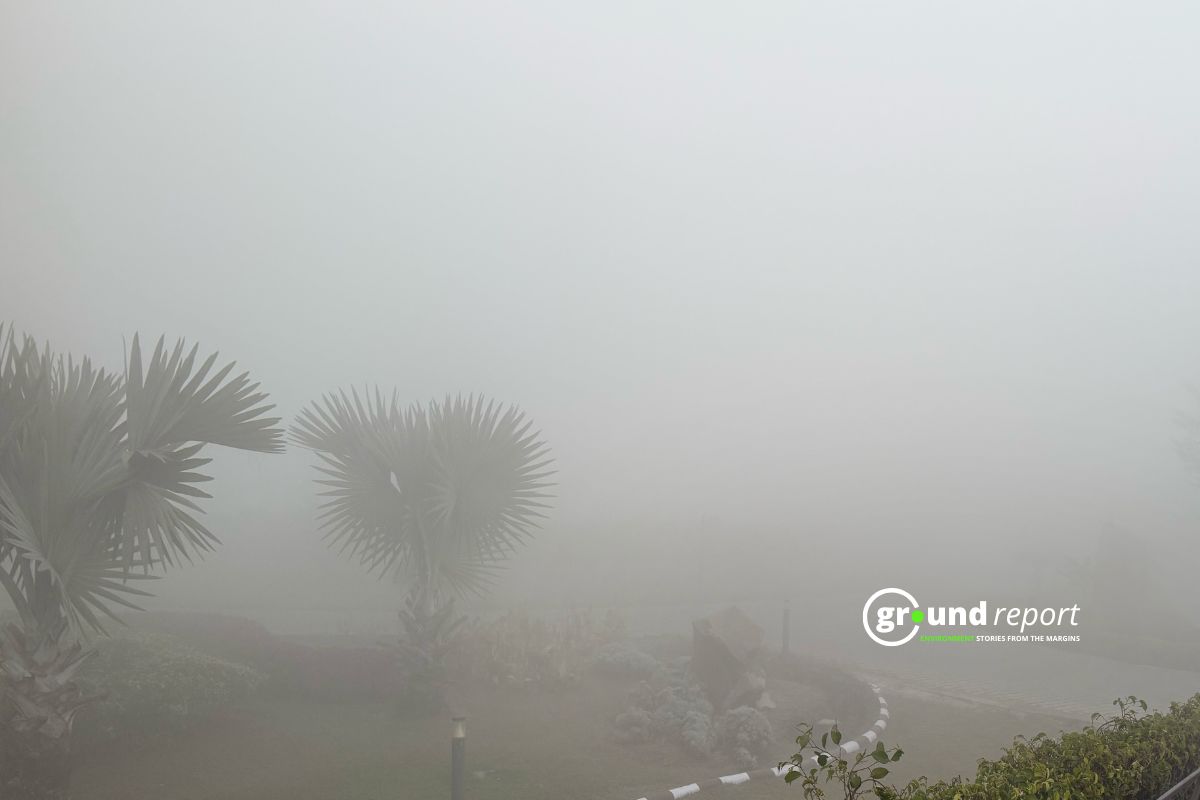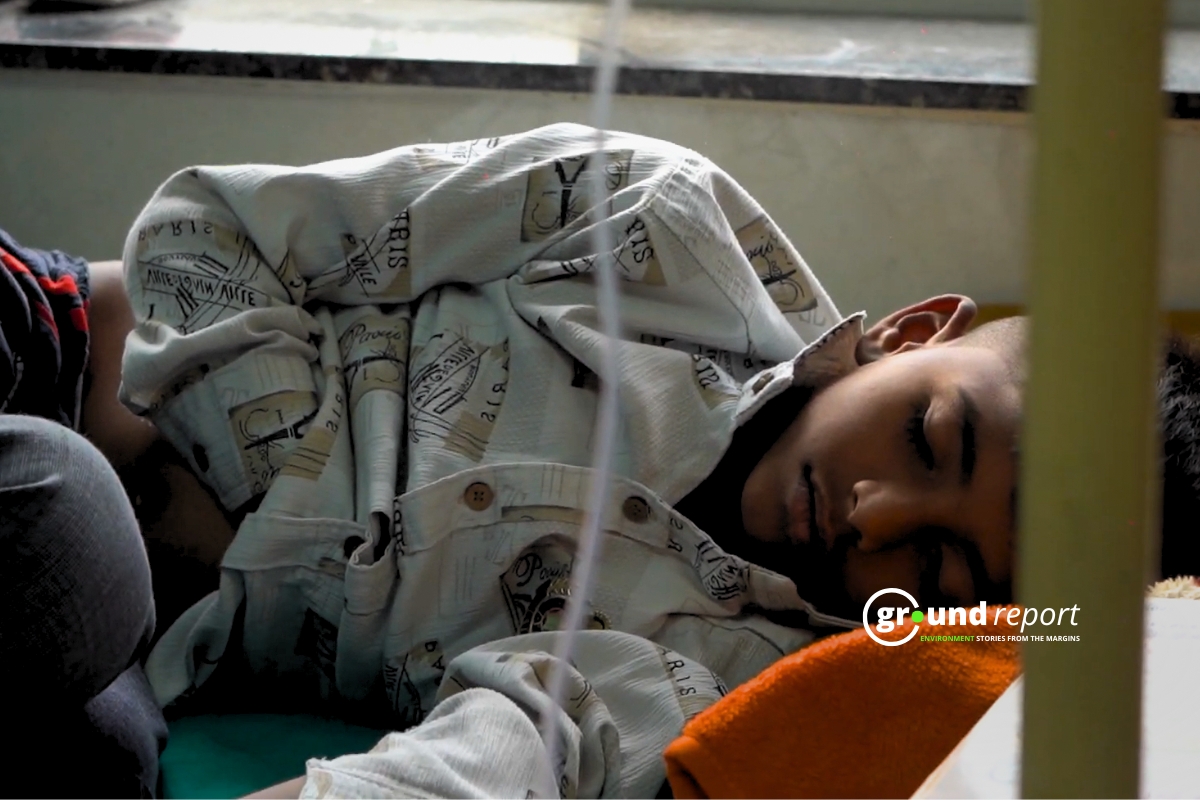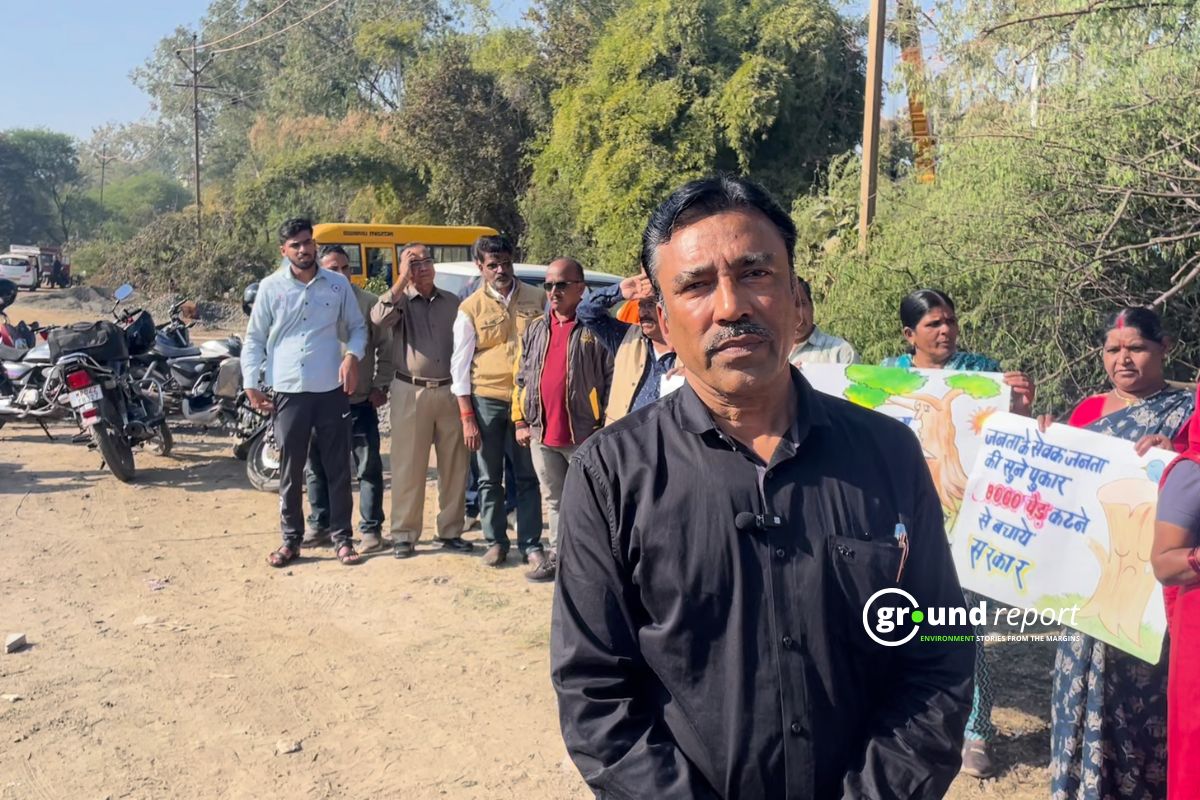In heavily populated places, effective sanitation and wastewater management are becoming more difficult. DEWATS (community-managed anaerobic decentralized wastewater treatment systems) enable reasonably quick sanitation improvements in high-priority neighbourhoods where the local authority does not yet provide a full sanitation service.
A decentralized wastewater treatment plant is a site-specific system. The average water consumption for home use in India is 135 Lpcd. 80% of water utilized or consumed for household purposes is discharged as wastewater. This vicious circle of wastewater can be broken with an on-site decentralized wastewater treatment system (DEWATS).
Components and treatment steps
Decentralized systems are individual or cluster wastewater treatment facilities that serve residents. In decentralized wastewater treatment systems, wastewater can be treated on-site using aerobic and anaerobic methods. Anaerobic modules consist of settlers, baffle reactors, and anaerobic filters. The aerobic modules include horizontally planted gravel filters and polishing ponds. This strategy is based on a combination of many natural treatment procedures in various ways depending on the needs. It is used to recycle both “grey” and “black” household wastewater. DEWATS is based on four treatment systems:
-
sedimentation and primary treatment in sedimentation ponds, septic tanks, fully mixed digesters or Imhoff tanks
-
secondary anaerobic treatment in baffled reactors (baffled septic tanks) or fixed-bed filters
-
secondary and tertiary aerobic/anaerobic treatment in constructed wetlands (subsurface flow filters)
-
secondary and tertiary aerobic/anaerobic treatment in ponds.
Cost and maintenance
Decentralized wastewater treatment systems are a low-cost on-site treatment option, however, constant operation and maintenance are required for plant sustainability and optimal performance.
According to the Centre for Science and Environment (CSE) analysis, the plant’s annual operation and maintenance costs range from Rs. 3000-5000. Regular de-sludging of the settler and baffled reactor is necessary every 1-3 years to meet effluent limits. When treatment efficiency decreases, it is also required to replace filter media. The gravel filter material is typically cleaned once every 8 to 10 years. The cost of building and installation varies by city. Typically, the cost of installing an 8-10 KLD plant ranges between Rs. 2.5 and 3 lakhs.
Ground Report has earlier reported on the DEWATS installed in Khadi Haat village in Ashta tehsil of Sehore district and how the model is helping the villagers to treat the domestic wastewater.
Support us to keep independent environmental journalism alive in India.
Keep Reading
Khadi Haat village’s power-free wastewater treatment solution and more
How much wastewater is being reused in Delhi?
Follow Ground Report on X, Instagram and Facebook for environmental and underreported stories from the margins. Give us feedback on our email id greport2018@gmail.com.
Don’t forget to Subscribe to our weekly newsletter, Join our community on WhatsApp, and Follow our YouTube Channel for video stories.



